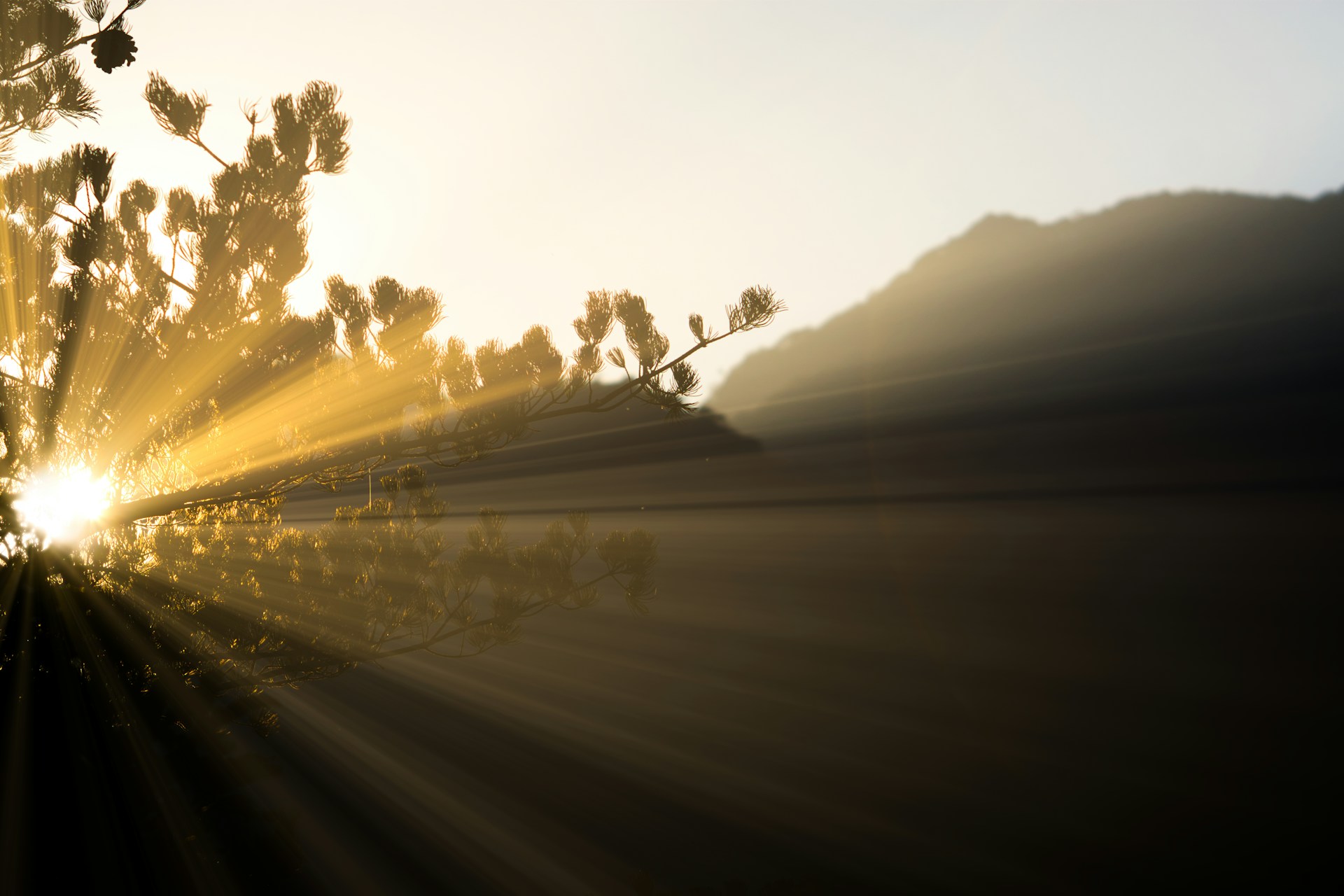by Nicole Yurcaba

Edited by Sebastian Groes, Carmel Doohan, Sofiya Filonenko, and Kerry Hadley Price, Writing Under Fire: Poetry and Prose from Ukraine and the Black Country houses 21 unique pieces that defy cultural and geographic separation. British writers link directly and tangentially with Ukrainian ones, and the volume includes some Ukraine’s foremost writers, including the late Victoria Amelina. However, no matter the geographic region from where they are written and whose landscapes they are incorporating, the poems, essays, and stories in this anthology speak out in protest against the inhumanity and injustice Ukrainians have endured during Russia’s full-scale invasion of Ukraine.
In the book’s introduction, readers find a single statement that perfectly encompasses the reality of Ukrainian writers’ situations: “There is another layer to the title of this collection: Ukrainian writers are living at a time when bullets and missiles can and will kill them.” It is only appropriate then that the collection concludes with Victoria Amelina’s poems “No Poetry,” “A Poem About the Poet’s Death” and “The Homecoming Story.” Considering that Victoria Amelina died after sustaining injuries during a missile attack, the inclusion of “A Poem About the Poet’s Death” is overwhelmingly haunting. Ukraine boasts a number of writers—including Serhiy Zhadan and Stanislav Aseyev—who serve in its armed forces. Other poets, such as Maksym Kryvtsov, died defending Ukraine. The poem closes with a stanza that is a snapshot of the Ukrainian actuality as, each day, more and more of its writers, musicians, and artists are killed:
and then something changes
another bombing begins
or it begins to snow
so silently
as if the world was written
only by the dead poet
and other poets have quit.
Nonetheless, anthologies like Writing Under Fire attest the tenacity of Ukraine’s writers during wartime. They have done anything but quit, and each and every day more and more of their works are translated into English and other languages.
Bogdan Kolomiychuk’s “The Thirteenth Month of 2022” is a time-bending entry that blurs the war’s early days and early warnings. It opens with the humorous 23 February 2023 entry in which the speaker declares, “No, we will not remember only the frightening things, the terrible things. Funny things happen in this war too…” It is a simple statement, but it sets the piece’s defiant tone. Other entries in in Kolomiychuk’s piece, like “September 5, 2022, seize the Ukrainian fighting spirit and hold it high for everyone to see. The speaker asserts that the current generation of Ukrainian soldiers will be “the greatest generation in our history.” This great generation will “write the greatest novels and the best music” and “give the greatest performances in film and on stage.” They will also “be the best doctors and scientists,” and their greatness will be exuded at the individual level, because they will be the “best lovers, husbands, and wives.” The speaker says that this generation will be that way and those things because they “will break the vicious circle of Ukrainian history that trapped all our ancestors.” Thus, the speaker alludes to the inherent generational trauma perpetuated by centuries of Russian imperialism and oppression that post-Soviet Ukrainians have been working tirelessly to break.
Of course, one cannot read Writing Under Fire: Poetry and Prose from Ukraine and the Black Country without acknowledging the anthology’s UK-based contributions. The Black Country refers to an area in England’s West Midlands. It is an area defined by cultural and industrial characteristics, as well as geologic ones, like the thick coal seams which make the soil appear black.
The standout Black Country contribution is Carmel Doohan’s “Stories We Tell the Children.” It is a poignant, honest story about explaining war and death to children. In it, Doohan reflects about how her daughter, Molly, learned about death “not through the war in Ukraine, but from the death of the Queen.” The essay carefully balances the UK’s political scene with the unfolding war in Ukraine, and Doohan adeptly manages controversial Ukrainian topics like the “polarizing role” figures like Stepan Bandera play in Ukrainian society. The essay’s central theme, however, focuses on a single object that can communicate a message about a society, a nation, a county, and even an individual faster than most words can—a flag. Doohan states, “Histories and interpretations layer over one another in a tangle of flags.” In Derbyshire, the location from which Doohan writes the essay, Ukrainian flags became the most common flag flown in the area during early 2022. However, as the essay concludes, and Doohan reflects on life in Derbyshire in 2023, the Ukrainian flags disappear as people’s focus shifts and they move on to the next headlines. What Doohan’s essay effectively relays is how quickly human empathy dissipates when they are geographically disconnected from the violence.
Writing Under Fire: Poetry and Prose from Ukraine and the Black Country is an engaging anthology. In fact, in many ways, its groundbreaking, since it unites two geographically different areas through the written word. Its entries are a testament to the commonalities individuals can find—no matter the cultural and linguistic differences—when they care to look. In essence, the anthology should serve as a manual for everyone—about how finding even the smallest overlaps in experience and existence can form a wider base for understanding and empathy.
Nicole Yurcaba (Ukrainian: Нікола Юрцаба–Nikola Yurtsaba) is a Ukrainian (Hutsul/Lemko) American poet and essayist. Her poems and essays have appeared in The Atlanta Review, The Lindenwood Review, Whiskey Island, Raven Chronicles, West Trade Review, Appalachian Heritage, North of Oxford, and many other online and print journals. Nicole teaches poetry workshops for Southern New Hampshire University and is a guest book reviewer for Sage Cigarettes, Tupelo Quarterly, Colorado Review, and The Southern Review of Books.



Add your first comment to this post